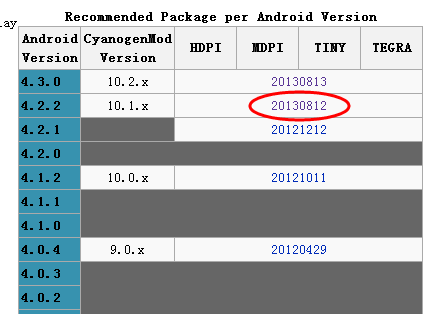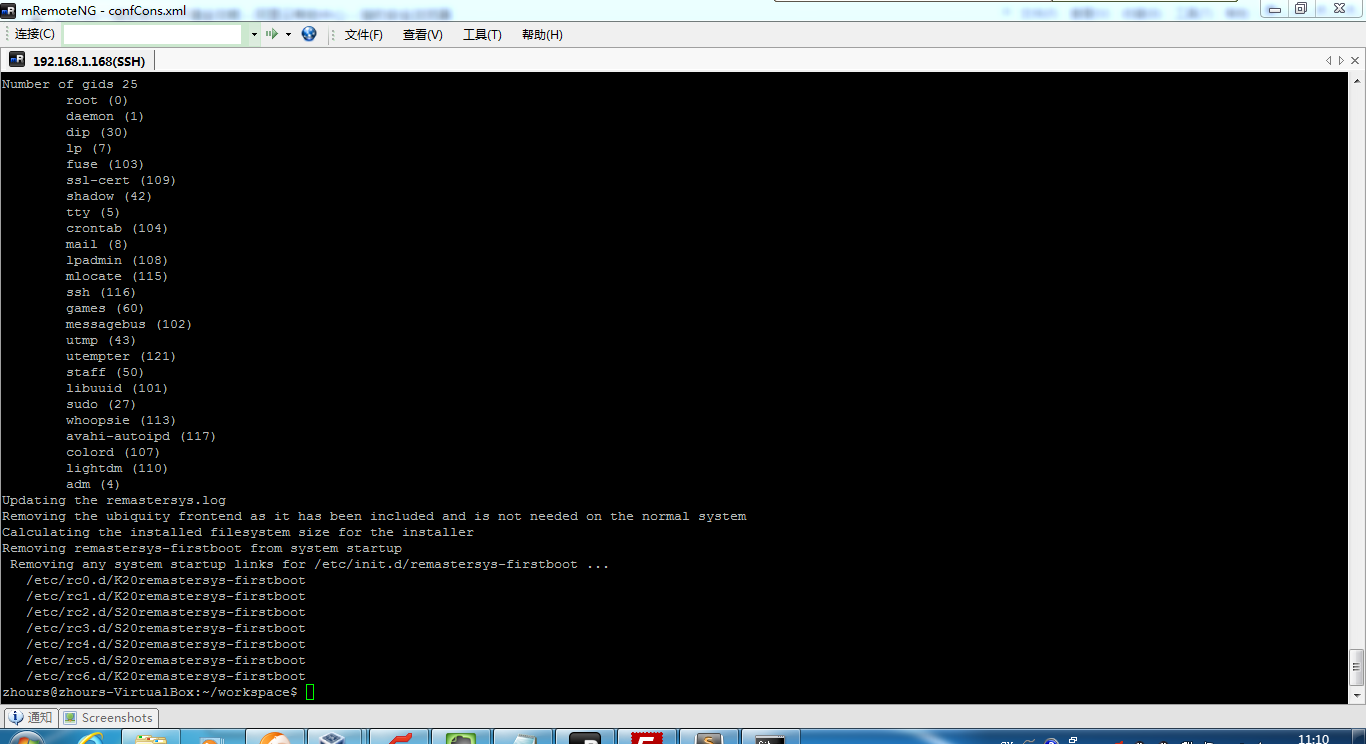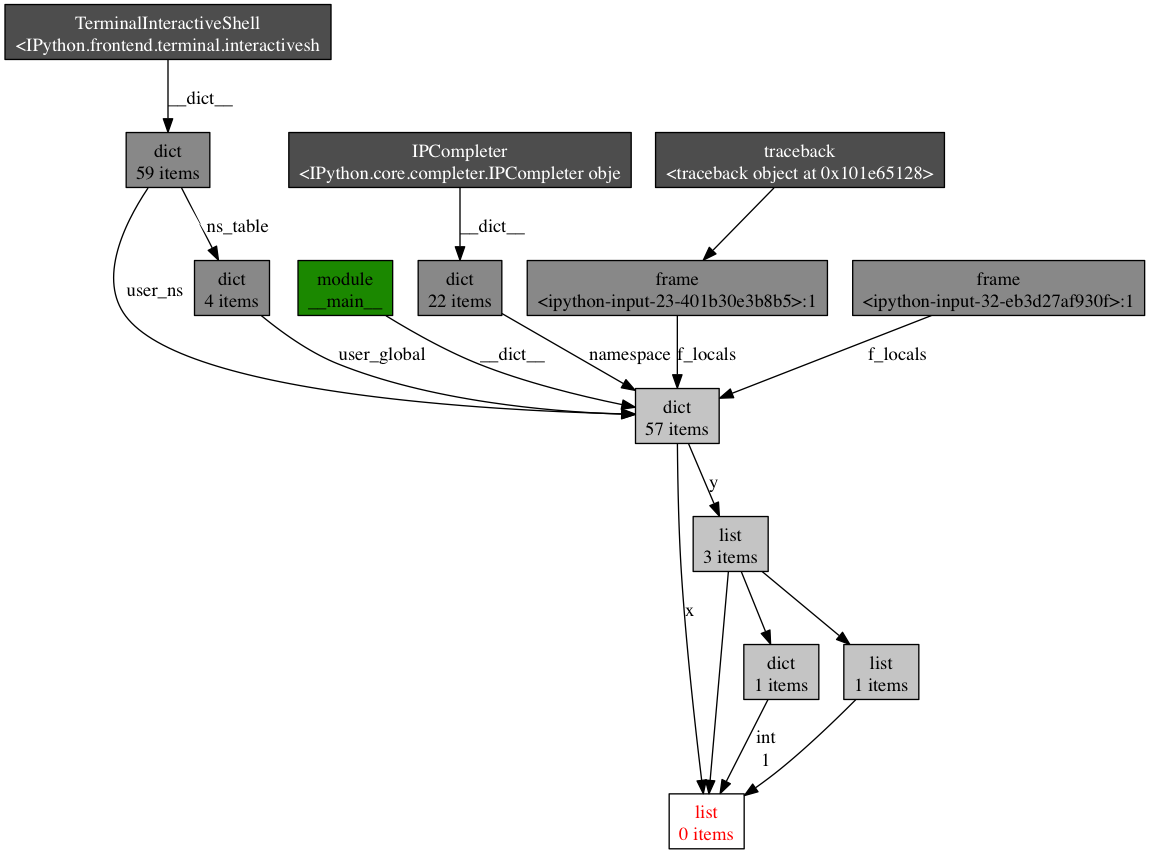在编程的过程中,尤其是文本的处理,我们很多时候都需要正则表达式,比如,验证用户输入的Email是否格式正确,电话号码是否符合规范,或者其他的自定义规则。对新手来说,熟记正则表达式的规则比较困难,那么有没有一种更符合自然语义的正则表达式呢,本文会给你答案。

Most newbie (and some seasoned) programmers have difficultly constructing Regular Expressions. Many a times one needs to create a Regexp quickly to test a a particular piece of code. However, not being comfortable withe Regexps can be a problem. VerbalExpressions is a PHP library that enables you to construct regular expressions using natural language like constructs. Think of it like a DSL for building Regexps.
verbalexpressions 已经实现了多个语言版本的库,可以从这里得到。
Below is a sample PHP code that constructs a regular expression which tests whether a given string is a valid url.
如下示例用来测试给定的一个string是否是有效的url地址。
1 2 3 4 5 6 7 8 9 10 11 12 13 14 15 16 17 18 19 20 | <?php include_once('VerbalExpressions.php'); $regex = new VerEx; $regex ->startOfLine() ->then("http") ->maybe("s") ->then("://") ->maybe("www.") ->anythingBut(" ") ->endOfLine(); if($regex->test("http://www.codediesel.com")) echo "valid url"; else echo "invalid url"; ?> |
<?php
include_once('VerbalExpressions.php');
$regex = new VerEx;
$regex ->startOfLine()
->then("http")
->maybe("s")
->then("://")
->maybe("www.")
->anythingBut(" ")
->endOfLine();
if($regex->test("http://www.codediesel.com"))
echo "valid url";
else
echo "invalid url";
?>The main part of the code the DSL like interface that helps you build a Regexp.
1 2 3 4 5 6 7 | $regex ->startOfLine() ->then("http") ->maybe("s") ->then("://") ->maybe("www.") ->anythingBut(" ") ->endOfLine(); |
$regex ->startOfLine()
->then("http")
->maybe("s")
->then("://")
->maybe("www.")
->anythingBut(" ")
->endOfLine();If you want to see what regular expression the code has built, we can use the getRegex function of the class.
1 2 3 4 5 6 7 8 9 10 11 12 13 14 15 | <?php include_once('VerbalExpressions.php'); $regex = new VerEx; $regex ->startOfLine() ->then("http") ->maybe("s") ->then("://") ->maybe("www.") ->anythingBut(" ") ->endOfLine(); echo $regex->getRegex(); |
<?php
include_once('VerbalExpressions.php');
$regex = new VerEx;
$regex ->startOfLine()
->then("http")
->maybe("s")
->then("://")
->maybe("www.")
->anythingBut(" ")
->endOfLine();
echo $regex->getRegex();This will print the Regexp given below.
打印输出正则表达式。
/^(http)(s)?(\:\/\/)(www\.)?([^ ]*)$/m
We can now use the above Regexp in our code to accomplish the same thing as above.
1 2 3 4 5 6 7 | $myRegexp = '/^(http)(s)?(\:\/\/)(www\.)?([^ ]*)$/m'; if (preg_match($myRegexp, 'http://www.codediesel.com')) { echo 'valid url'; } else { echo 'invalud url'; } |
$myRegexp = '/^(http)(s)?(\:\/\/)(www\.)?([^ ]*)$/m';
if (preg_match($myRegexp, 'http://www.codediesel.com')) {
echo 'valid url';
} else {
echo 'invalud url';
}We can also use the $regex object given in the above example directly in our code where the particular Regexp is required.
可以使用函数 getRegex 获取正则表达式规则,或者直接可以用 $regex 对象,库内部已经实现了转换。
内部的转换函数:
1 2 3 4 5 6 7 8 9 10 11 12 | /** * Object to string * * PHP Magic method to return a string representation of the object. * * @access public * @return string */ public function __toString() { return $this->getRegex(); } |
/**
* Object to string
*
* PHP Magic method to return a string representation of the object.
*
* @access public
* @return string
*/
public function __toString()
{
return $this->getRegex();
}1 2 3 4 5 6 7 8 9 10 11 12 13 14 15 16 17 | include_once('VerbalExpressions.php'); $regex = new VerEx; $regex ->startOfLine() ->then("http") ->maybe("s") ->then("://") ->maybe("www.") ->anythingBut(" ") ->endOfLine(); if (preg_match($regex, 'http://www.codediesel.com')) { echo 'valid url'; } else { echo 'invalud url'; } |
include_once('VerbalExpressions.php');
$regex = new VerEx;
$regex ->startOfLine()
->then("http")
->maybe("s")
->then("://")
->maybe("www.")
->anythingBut(" ")
->endOfLine();
if (preg_match($regex, 'http://www.codediesel.com')) {
echo 'valid url';
} else {
echo 'invalud url';
}The PHP version of VerbalExpressions is a port of the original JavaScript version,JSVerbalExpressions. Additional modifiers that will help you build regular expressions can be found here.
文章节选:constructing-hard-regular-expressions-with-verbalexpressions








